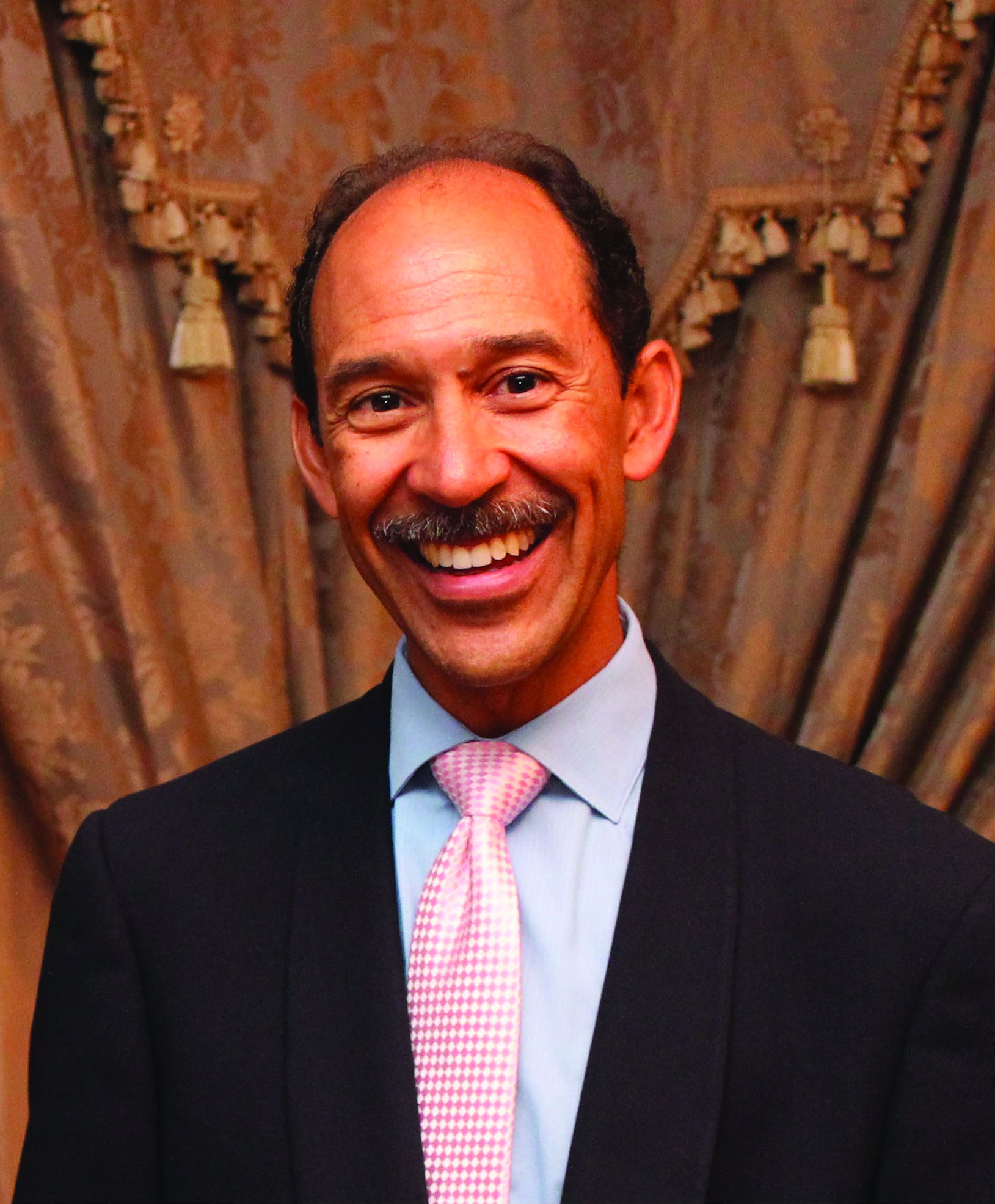Exclusive: US Ambassador On Middle East Turmoil
American Ambassador to the UAE Michael Corbin speaks to Ian Fairservice and Alicia Buller about his hopes for Middle East economic stability.

As the Arab Spring’s winter of discontent rumbles on, US ambassador to the UAE Michael Corbin says America has a vital role to play in rebuilding jobs confidence within the Middle East economy.
With over 20 years experience in the region, including Egypt, Syria and Kuwait, Corbin said that the turmoil could be the springboard the Middle East needs to create job opportunities for its swelling youth bulge.
“These young people were involved in the demonstrations that led to changes in some countries, but what we need now is to engage the youth in a positive track, so they don’t go back to the streets to protest but instead have the ability to express their creativity in a way that they feel allows them to advance their careers,” said Corbin.
The diplomat said the answer lies in tapping the young population’s latent tech potential – that very same ability that mobilised a small percentage of the populace to rally for democracy through social networking and technology.
“We should actively elevate US companies such as Yahoo, Google and Microsoft to hire these youths. The Western corporations can reach into this two or three per cent of the population and encourage them to use their tech skills to help the rest of the region. Even if we employ small numbers of people it has a ripple effect,” he said.
Corbin cited micro-finance and mobile banking as potential tech growth areas in the region.
“The question of hope is where the West has a real role to play: we bring systems; we bring training; we bring corporate social responsibility; we bring programmes. We need urgent hope for jobs now,” he said.
Owing to rapid expansion of bilateral trade in recent years, the UAE has since overtaken Saudi Arabia as the largest market for American products in the Middle East and the number of US companies in the UAE is rapidly approaching 1,000.
The UAE’s increasingly diversified economy is evidenced in its exports to the States last year: aluminium, iron ore and plastics, as well as traditional crude, are in the top 10 output categories said the US Department of Energy. Leading exports sectors from American firms to the UAE include commercial aircraft, power equipment, defence items and transportation goods.
In 2011, US exports to the UAE totalled $15.9 billion, an increase of 36 per cent over the previous year’s levels. And, in a boon for the emirates, UAE sales to the US increased by 113 per cent last year, reaching $2.4 billion.
Q1 2012 also saw a rapid rise in trade – exports from the US to the UAE increased an additional 75 per cent and Emirati exports to the US grew 42 per cent.
“The UAE has offered people the chance to work and make money in an economically liberal country. It’s provided a very positive model for the region. It’s not perfect, of course, but this inspiration can be transmitted ,” Corbin said.
MICHAEL CORBIN ON…
Economic liberalisation
What people [in this region] really want is jobs and security. And that comes from an open market and a liberalised economy where people feel that they’re participating a system where the rules are economic, not political. This is one of the attractions of the UAE.
Education
Education is a huge sector for the US — it’s one of our best exports. We really do have a broad ranging education from liberal arts to the sciences. Of course, we encourage Emiratis to go to the US but we also bring our colleges here, such as the New York University in Abu Dhabi and The American University of Sharjah.
Role models
The UAE has the role of being a place where different nationalities come together and mix. When we talk about Dubai and the 190 different nationalities it hosts, I see that people are free to do the things that they want here and it’s worked. The UAE is also doing a great job at encouraging nationals to join the private sector — this is where our systems and internships from the States can provide a model for learning.
